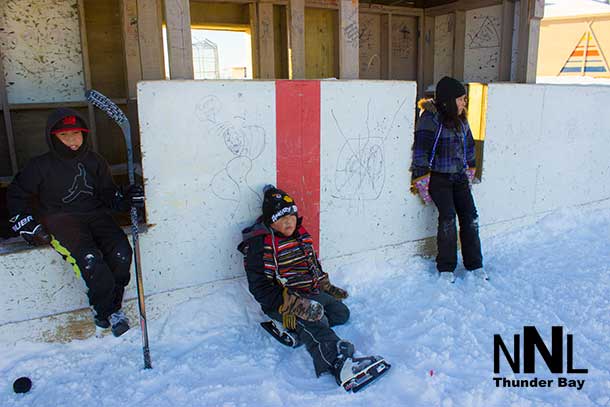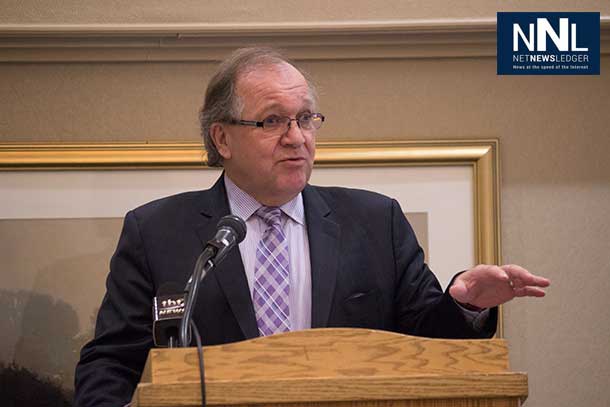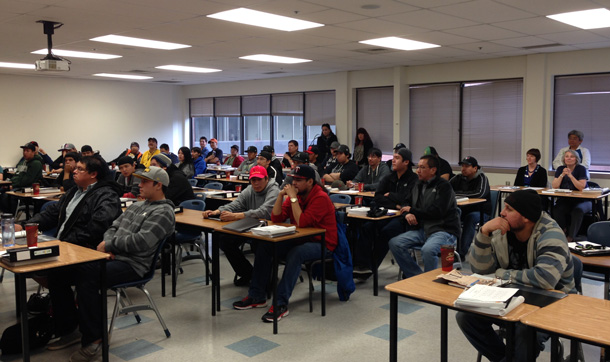
WINNIPEG – Treaty One Territory – UPDATED –The Assembly of Manitoba Chiefs (AMC) welcomes the report released by academic researchers, the Assembly of First Nations, UNICEF Canada and the Canadian Paediatric Society entitled “Without denial, delay or disruption: Ensuring First Nations children’s access to equitable services through Jordan’s Principle”.
The Report highlights the ongoing inequity still faced by First Nation children and families living On- Reserve in Canada. This is despite the 2007 unanimous House of Commons ruling that endorsed Jordan’s Principle and called all governments to action.
Action on Jordan’s Principle Slow in Coming
AMC Acting Grand Chief Nelson Genaille stated, “Sadly, the Report’s findings come as no surprise to AMC. We have already found with our experience with the Federal and Provincial governments that “Equitable” is a word they do not want to give meaning to or acknowledge.”
Indeed, despite the fact Jordan’s Principle is a child first principle intended to ensure that First Nations children do not experience denials, delays, or disruptions of services ordinarily available to other children, it has not. Jurisdictional disputes began in Manitoba and – is named in honour of Jordan River Anderson from Norway House Cree Nation – Both Canada and Manitoba Continue to dispute jurisdiction. This includes: the narrowed definition and application of Jordan’s Principle; heightened and unnavigable bureaucratic processes that are not timely or effective; lack of meaningful First Nation involvement; and lack of an accountability or transparency mechanism to ensure satisfactory access to programs and services afforded to children off-reserve.
There continues to be cases of families in Manitoba who have chosen to pursue legal and human rights arenas to seek equitable application of programs and services for children On-Reserve. This is despite the fact that a “Case Conferencing to Case Resolution” process has been developed in Manitoba by both levels of government as means of implementing Jordan’s Principle. Not only were Manitoba First Nations excluded from the developmental work, no formal case conferences have occurred to date.
To help expedite and seek transparency with this process, AMC is currently engaged with both the Provincial and Federal government as well as a number of First Nation families to conduct a formal and independent evaluation of the Case Conferencing to Case Resolution process in hopes of determining its effectiveness at responding to children and families seeking equitable services. It is anticipated this work will be complete in March 2015.
“Jordan River Anderson’s tragic legacy story is not isolated, more children are being left within the system to be without life essential professional services. Jordan’s Principle cannot be another in a long line of broken promises to First Nations children” stated Acting Grand Chief Genaille, adding “First Nations are not looking for special treatment, but rather services that are comparable and available to All Children.”

Federal Minister Bernard Valcourt has issued a statement on Jordan’s Principle:
“Our Government is committed to the health and safety of all Canadians, including First Nations children.
“While there are currently no outstanding jurisdictional disputes involving Jordan’s Principle in Canada, we believe that the best way to ensure First Nation children and families get the support they need is by working with willing partners and continue engaging with provinces, territories and First Nations to collaborate on implementing Jordan’s Principle.
“We have reached agreements to implement Jordan’s Principle with four provinces – Manitoba (2012), Saskatchewan (2009), British Columbia (2011) and New Brunswick (2011).
“These arrangements outline commitments to developing dispute avoidance processes to ensure continuity of care for children with multiple disabilities. All other provinces already have mechanisms in place to implement Jordan’s Principle.
“Our Government also provides over $2.5 billion every year towards programs and services for Aboriginal health; this includes initiatives such as 24/7 access to essential nursing services in 80 remote communities and home and community care in 500 First Nations and Inuit communities.
“We will continue to take action to ensure that children and families have the supports they need to lead healthy, safe lives”.







